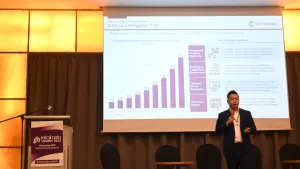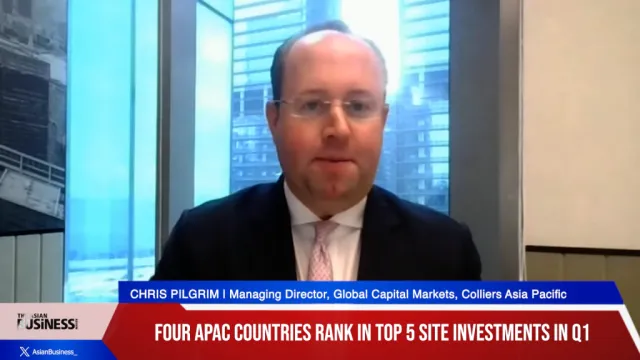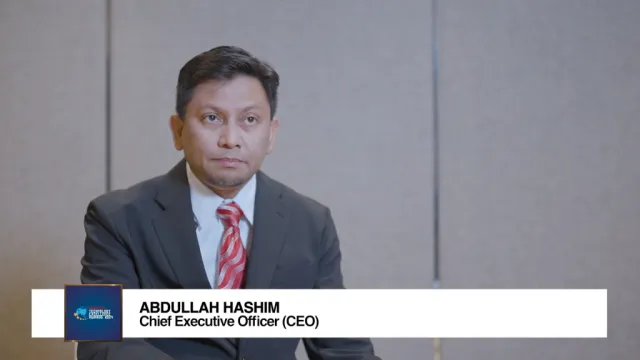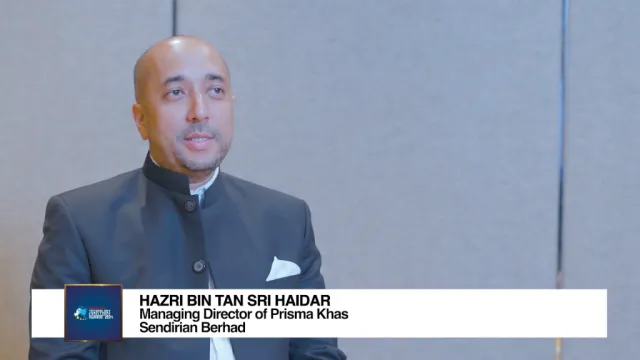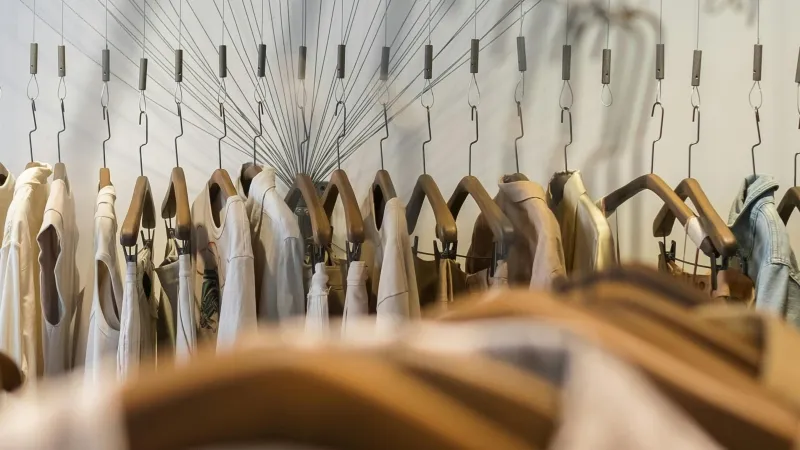
How cost-per-wear redefines fashion value
This metric evaluates an item's value based on its frequency of use, lifespan, and resale potential.
Vestiaire Collective has launched a new cost-per-wear metric to challenge the notion that fast fashion offers better value.
The metric aims to redefine how consumers perceive the value of fashion by considering an item's frequency of use, total lifespan, and resale value.
“Through this study, Vestiaire Collective aims to shift consumers’ perception of an item’s price, encouraging them to invest in financially, as well as environmentally, sustainable pieces,” the group said.
According to findings, pre-loved curated fashion coats are worn an average of 4+ times more than new fast fashion coats (28 times vs. 7 times), resulting in a cost-per-wear of $1.72 compared to $4.82 for fast fashion coats.
Similarly, pre-loved curated fashion dresses are worn 8+ times more on average than new fast fashion dresses (9 times vs. 1 time), leading to a cost-per-wear of $1.56 compared to $5.66 for fast fashion dresses.
Moreover, pre-loved designer bags offer a 72% lower cost-per-wear due to their significant resale value, with the cost-per-wear for these bags standing at $2.56 compared to $9.05 for new fast fashion items.
Across all categories and price points, pre-loved curated fashion pieces provide approximately 33% lower cost-per-wear compared to fast fashion items, which are worn 2+ times less on average.
ALSO READ: Fashion brands falling behind on decarbonisation targets
Consumers of pre-loved curated fashion also hold onto their items 31% longer than average, with the most significant difference observed in the shoe category (+48% vs. average). Vestiaire Collective encourages fashion consumers to invest in long-lasting, quality items that not only offer better value for money but also contribute to a more sustainable fashion industry.
“In today’s climate of inflation, it is obvious: neither people nor the planet can afford fast fashion,” said Fanny Moizant, president and co-founder of Vestiaire Collective. “We want to educate consumers about the benefits of circularity while sounding the alarm on fast fashion's devastating impact.”
She added that the report serves as a wake-up call to address overconsumption and overspending driven by enticing low initial prices.


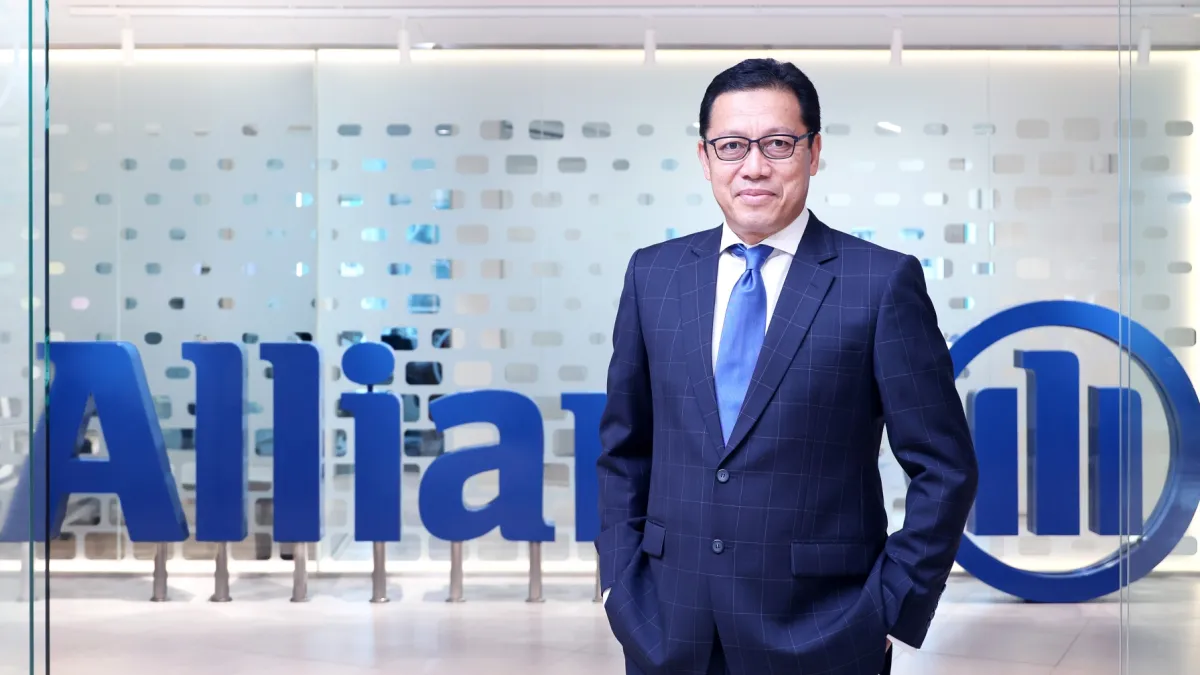


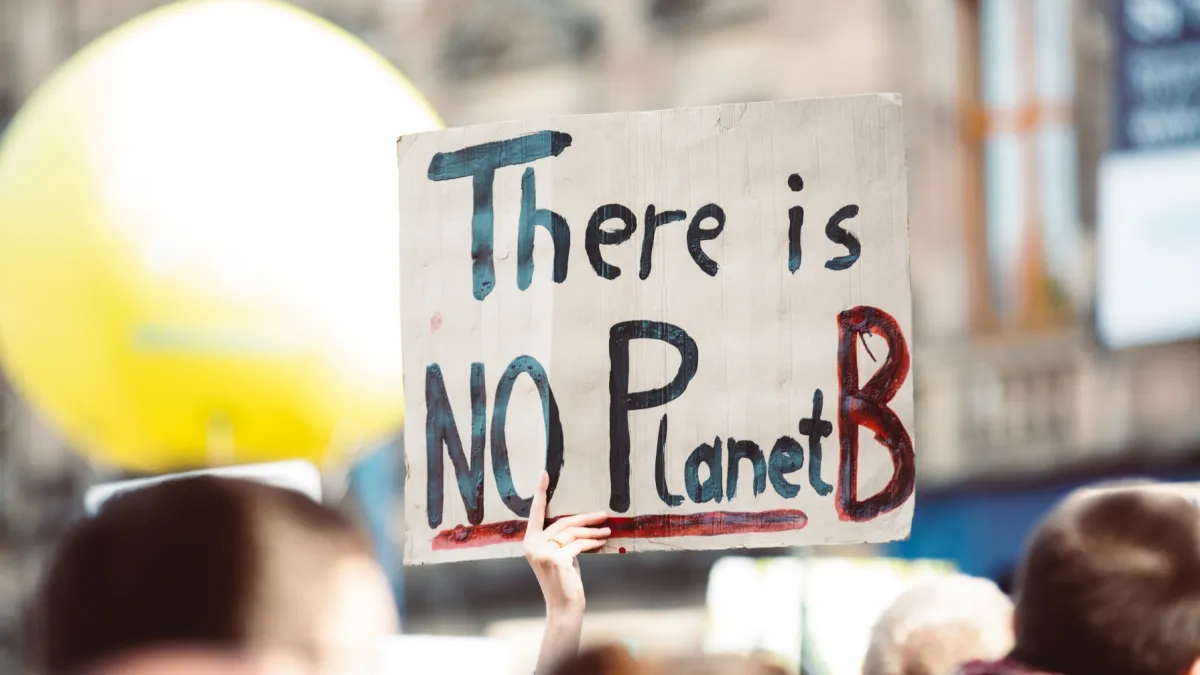
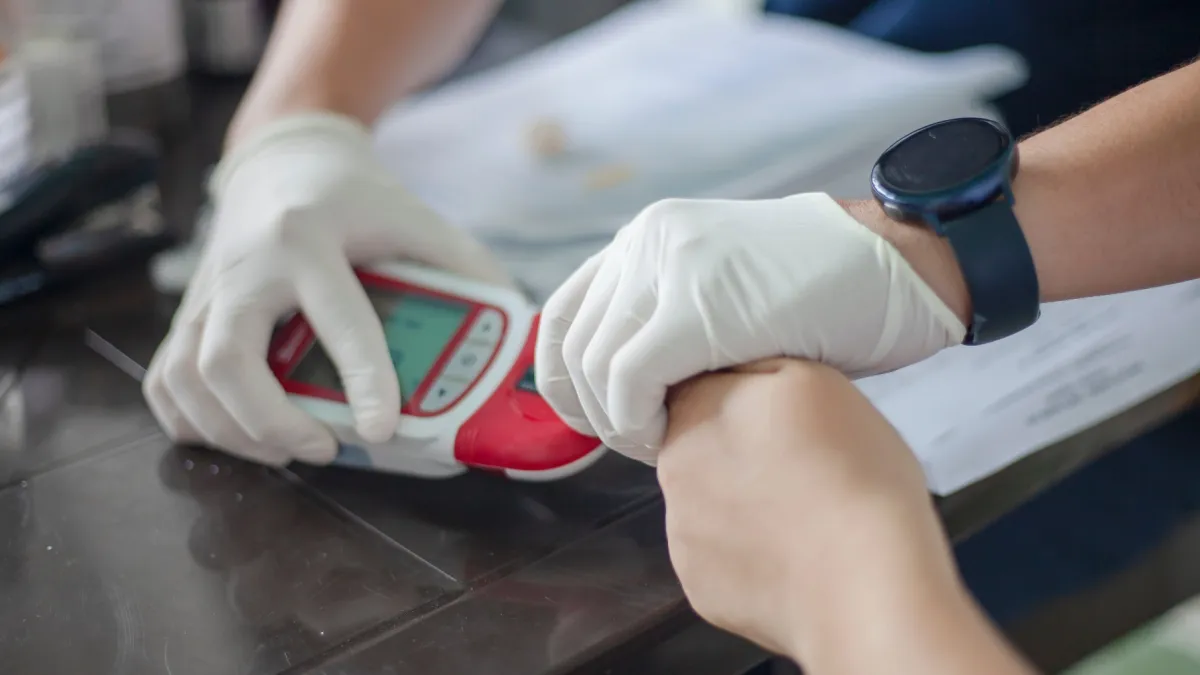

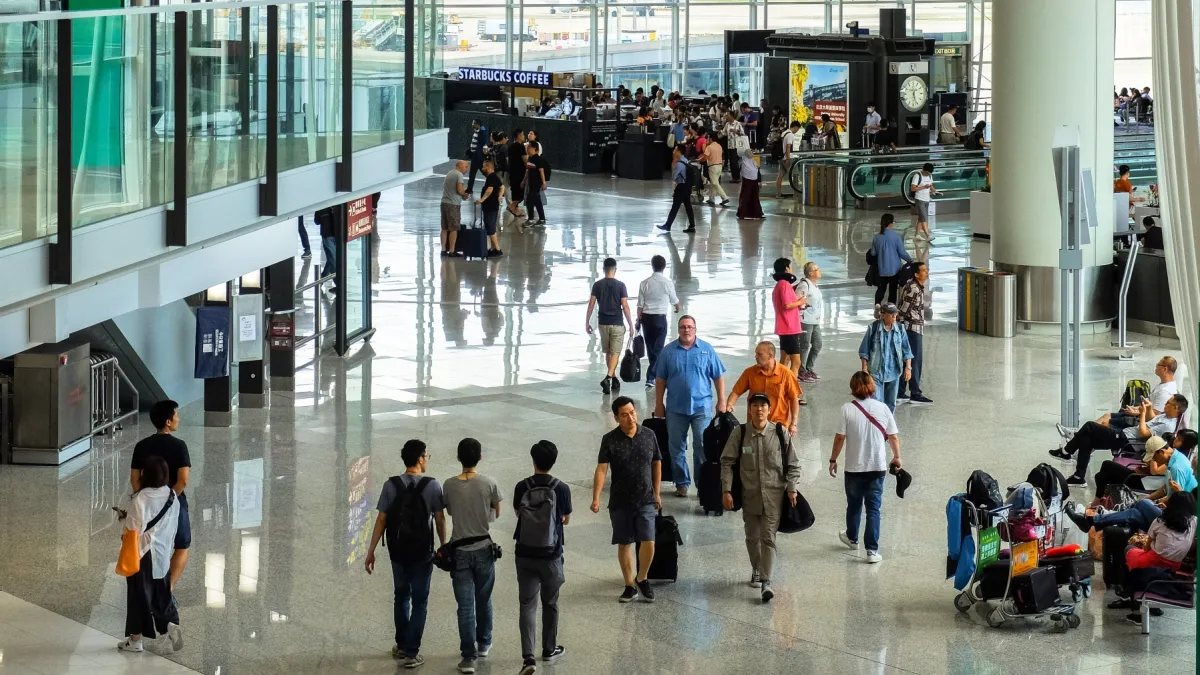

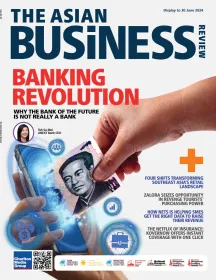
 Advertise
Advertise



